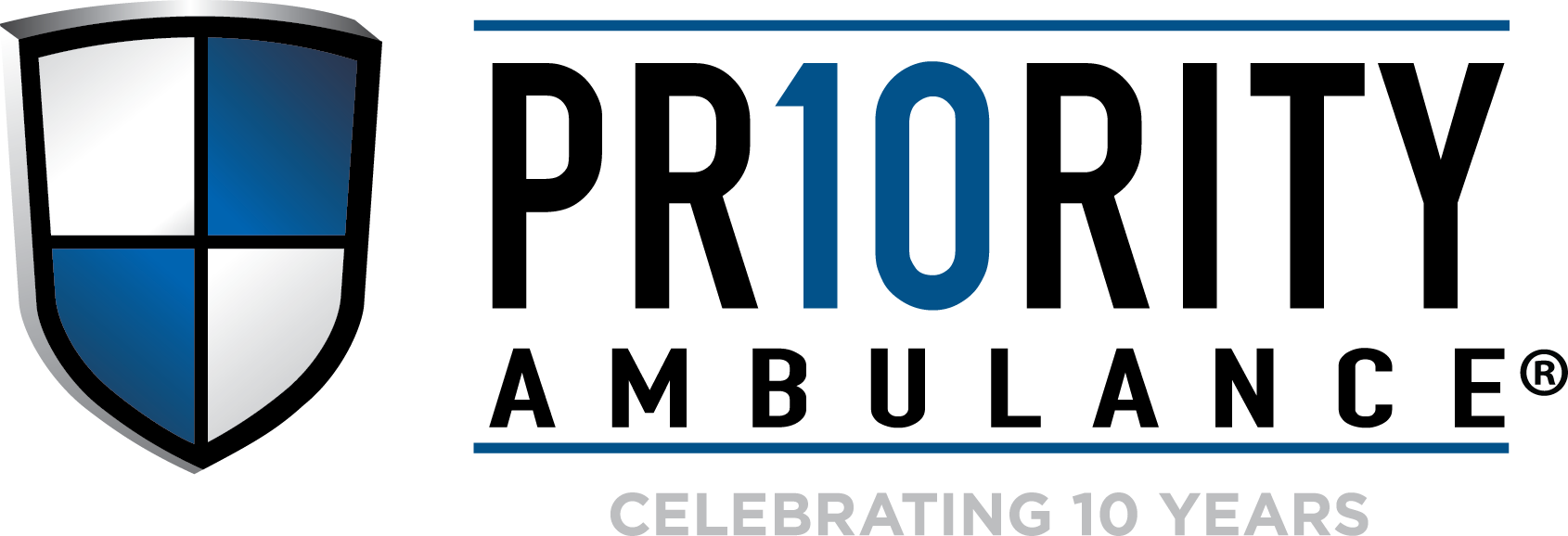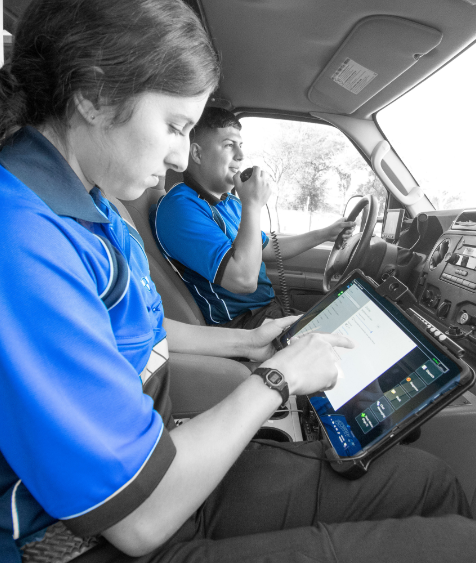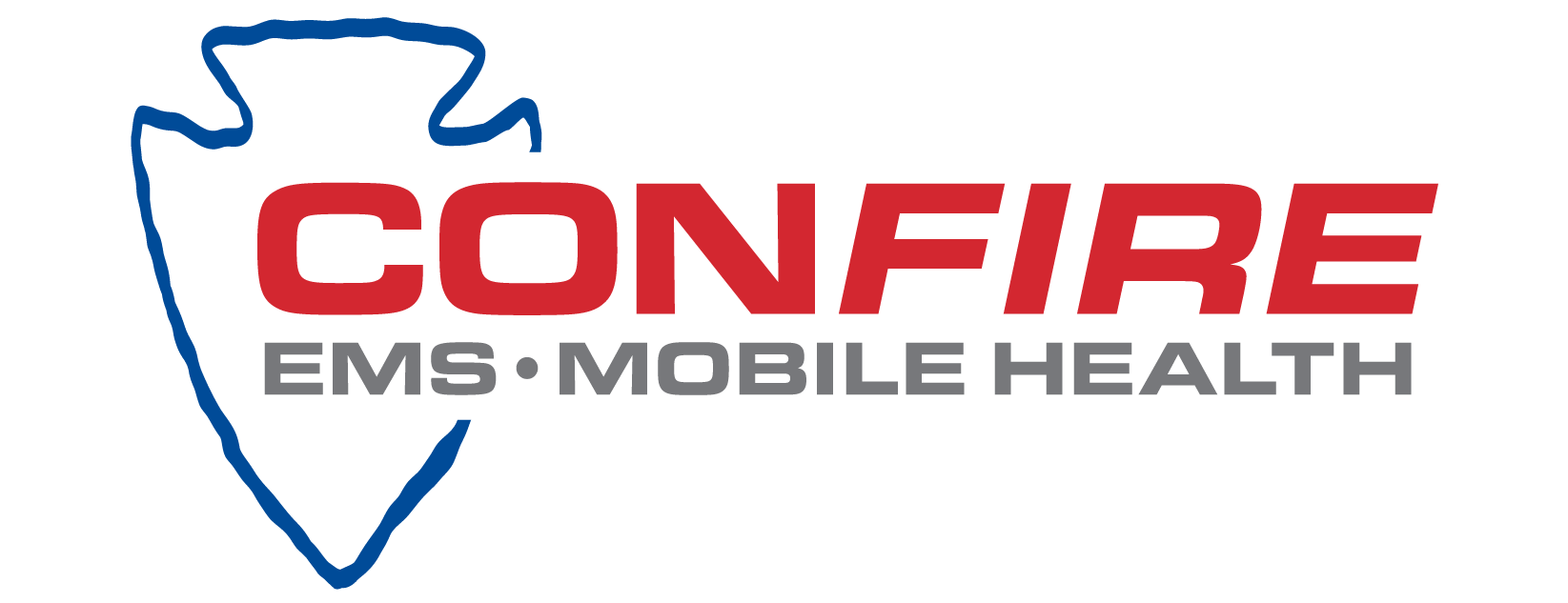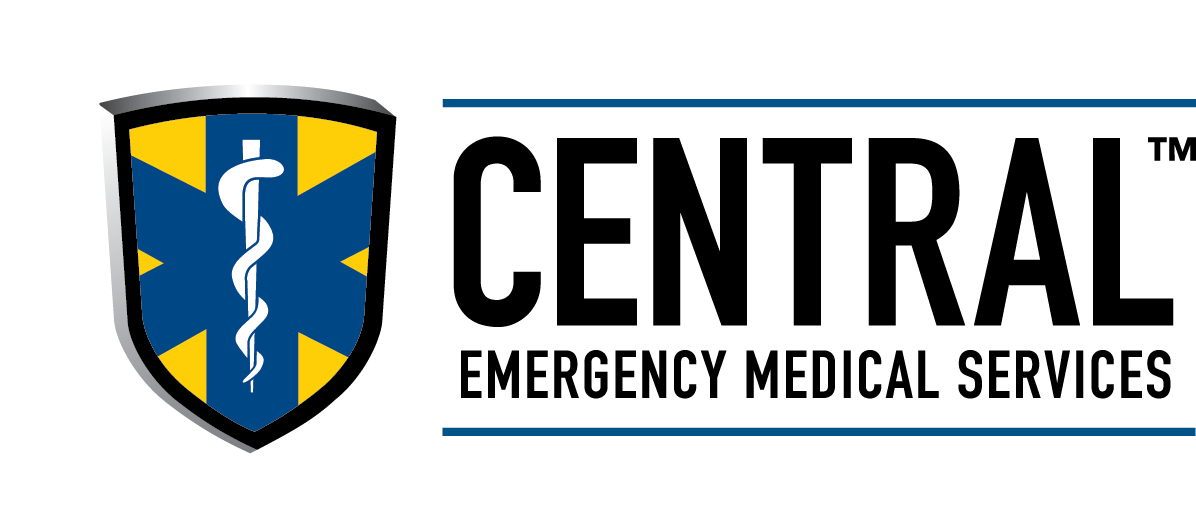SAFE. ACCOUNTABLE.
FRIENDLY. EFFICIENT.
Priority Ambulance’s EMTs, paramedics, nurses and support teams deliver exceptional patient care and customer service to 610,000 patients each year. Trust built with communities, medical facility partners, patients and employees is at the heart of our company. We build that trust by infusing into every aspect our core values of S.A.F.E – Safe. Accountable. Friendly. Efficient. These fundamental principles drive our commitment to delivering personalized ambulance solutions to each community or customer; professional, courteous service; and unfailingly high standards of clinical care across all companies and communities in the Priority Ambulance family.





















